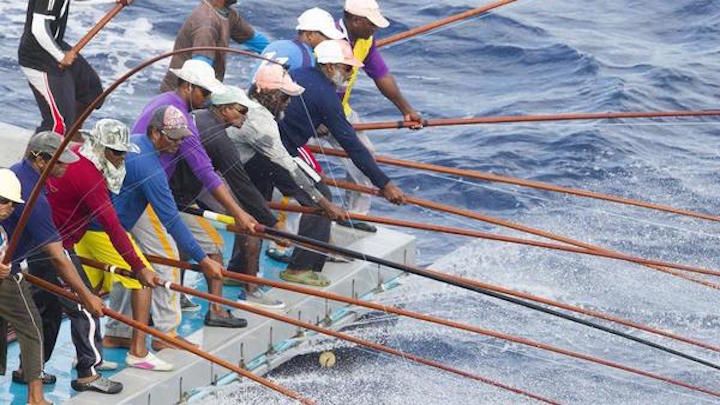Maldives leads push for first-ever precautionary controls on tuna fishery
The Indian Ocean Tuna Commission, a regional fisheries management body, adopted last week a Maldives-led proposal to set harvest control rules on the skipjack fishery.

29 May 2016, 09:00
The Indian Ocean Tuna Commission, a regional fisheries management body, adopted last week a Maldives-led proposal to set harvest control rules on the skipjack fishery.
The measure will help retain a key eco-label for Maldives tuna.
The Maldives’ skipjack tuna fishery was the first Indian Ocean tuna fishery to receive certification according to the Marine Stewardship Council standards.
The proposal by the Maldives to pre-emptively set control rules before any possible population collapse has been lauded as groundbreaking by industry experts and environmental groups.
Become a member
Get full access to our archive and personalise your experience.
Already a member?
Discussion
No comments yet. Be the first to share your thoughts!
No comments yet. Be the first to join the conversation!
Join the Conversation
Sign in to share your thoughts under an alias and take part in the discussion. Independent journalism thrives on open, respectful debate — your voice matters.




